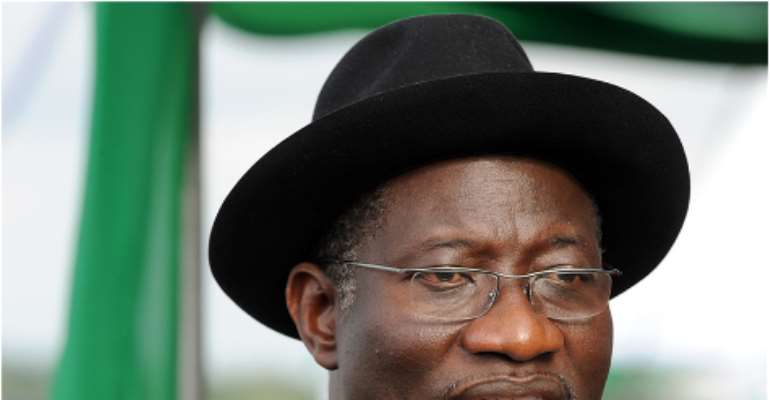S'South Economic Summit: GEJ Moves Against Gas Flare…As Soyinka Fuels Regional Autonomy

In a bid to calm agitations of neglect in the South South region, Nigeria's President Goodluck Jonathan says the Federal Government has approved $400 million for gas development and to check gas flaring in the South-South oil producing region of the country.
President Jonathan, who was represented by the Vice President, Architect Namadi Sambo, made the disclosure at the on-going Second South-South Economic Summit, in Asaba, Delta State, added that oil and gas institutions are also being established across the region.
Meanwhile, Nobel Laureate, Professor Wole Soyinka, who took a swipe at the Federal Government has called for regional groupings against the concentration of powers at the centre, in a bid to strengthen the constituent states.
Soyinka, who was a keynote speaker at the on-going South South Economic Summit in Asaba, condemned the non-development autonomy of the Federal Government, urging the geo-political regions in the country to gradually call the shots to relegate the centre.
'Let each regional groupings collaborate to create a community of interest to manage the natural and human resources, and become creative and more productive. Let each state call its conferences and begin to relegate the centre.'
'Begin to engage in policies that reduce the ability of the central government to impede the development of the constituent parts.'
President Paul Kagame, represented by Chief Executive Officer of Rwanda Development Board, John Agara, while speaking on the challenges of development in Rwanda, said opportunities and development in Rwanda far outweighs the challenges that the country faced. 'Rwanda has risen from catastrophe to a bubbling economy only because of sheer will to succeed. We owe it on ourselves to succeed not on anyone else.'
He said that the Rwandan experience is that which any other country could learn from, in terms of conflict resolution and economic development, through national reconciliation and transformation with a clear road-map.
In his remarks, Governor Emmanuel Uduaghan, host governor of the Summit, posited that 'In the last few years, Delta state government began an economic transformation programme. A Transformation that demanded we completely remodel how we develop our state from the old ways to a new one, to guarantee our prosperity and survival. Which we tagged 'Delta Beyond Oil.'
'As a state of over four million people and largely oil producing, we account for about 3.0 percent of the national population and about 30 percent of national oil production and export. Oil and gas account for 65 percent of our GDP and 85 percent of our revenue from federal allocation.
'Sadly one major drawback of depending on oil was that we were not able to develop our non-oil sector in agriculture, solid minerals and tourism. As a government, we were determined to change that. As a government we knew we must diversify our economy from its dependency on mono-culture source to other sources that are more empowering, that are more sustainable and can create wealth for our people.
'To a great degree we sought strategic partnership with the private sector under our Public Private Partnership (PPP) model. I like to state that we have made reasonable progress in that regard. Private sector interest in building the Warri Industrial Business Park is strong. The Koko Export Free zone, a gas based industrial park-a major component of President Jonathan's Gas Revolution Agenda-has a robust private sector interest in driving it. We also have a solid private sector investment in agriculture in our collaboration with Obasanjo Farms in the Delta state OFN project and in tourism with the on-going construction of the delta Leisure Park at Oleri near Warri and the Zoo at Ogwashi-Uku. So far the PPP model has served us well and we are determined to continue and are open to further engagements with the private sector.
'Three years ago, the South-South states came together, and were compelled to create a platform that is mutually representative of the six South-South states for the integration and exploitation of the great potential of the BRACED States in particular and Nigeria in general.
'In this short period, our meeting of minds at the South-South Economic Summit has midwifed the BRACED Commission. The BRACED commission offers an opportunity not only for the economic development of South-South States but also for peer review mechanism. We recognize that all our States are not endowed in equal proportion. Some States have comparative advantage in their resource endowment.'
